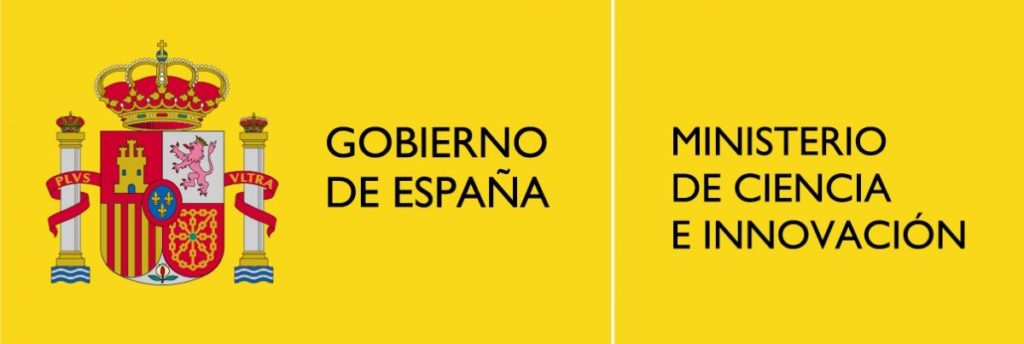Funding Organization: Spanish Ministry of Science and Innovation (Fundamental Research)
Industrial Sector: Electronics, packaging, etc
Project Period: 2011 – 2013
Principal Investigator: Dr. Aravind Dasari
Unsatisfactory flame performance with eco-friendly materials is a major obstacle for many practical and potential fire fighting applications of polymer nanocomposites. This is despite obtaining inspiring preliminary flame retardancy results like reduced heat release and mass loss rates and delayed burning. This is largely due to the absence of systematic investigations on the various parameters involved. Additionally, only qualitative descriptions of the mechanisms of flame retardancy are available to-date. Therefore, it is of the utmost importance to meticulously understand (both qualitatively and quantitatively) the steps involved in the combustion process of polymer nanocomposites. The overall objectives of the project are:
- The primary focus of the project is to design, understand, and develop the next generation of polymer nanocomposites which are eco-friendly (halogen- and phosphorus-free) and exhibit superior thermal stability and excellent flame retardancy with balanced mechanical properties.
- Fine-tuning the functional characteristics of structurally different eco-friendly nanoclay minerals and investigate their physical and chemical roles during the combustion processes.
- Accounting for thermal stability of nanocomposites, coupling of silicate layers upon fire, char enhancing capabilities, and incorporating novel nitrogenous-based flame retardants.
- To accurately delineate the boundary conditions and transport phenomena and characterize the phenomena like ignition, migration of nanoparticles, charring, heat release and mass loss rates.
- Emphasis will also be laid on improving the thermal stability and fire performance of biodegradable polymeric materials like PLA to extend their applicability (like SD/XD dummy cards in laptops, mobile casings or to promote the micro-oven capabilities in food packaging).
Funded by


